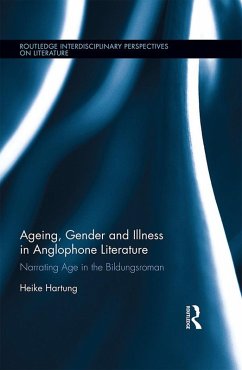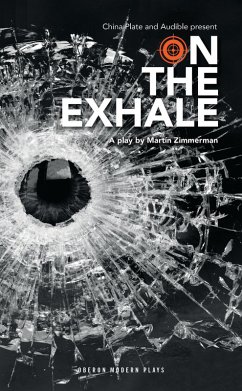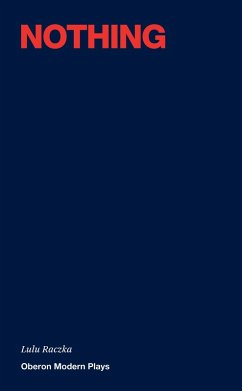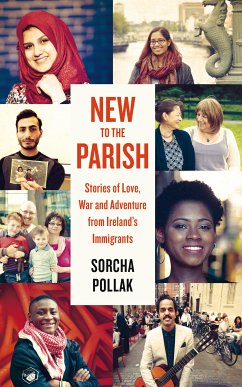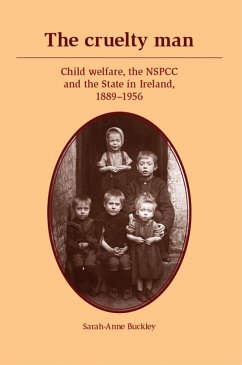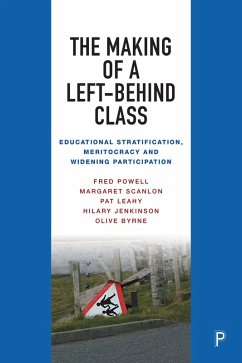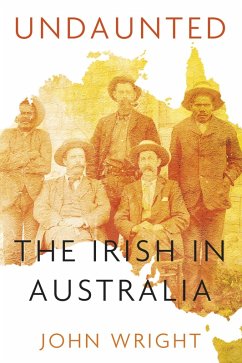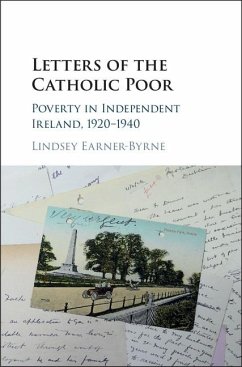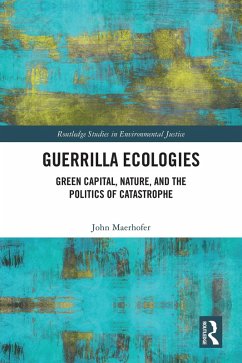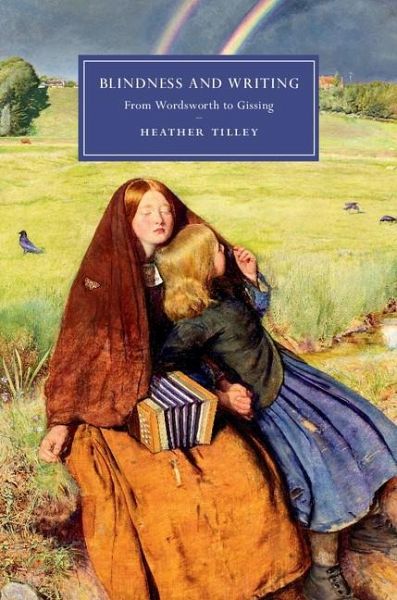
Blindness and Writing (eBook, ePUB)
From Wordsworth to Gissing
Versandkostenfrei!
Sofort per Download lieferbar
16,95 €
inkl. MwSt.
Weitere Ausgaben:

PAYBACK Punkte
8 °P sammeln!
In this innovative and important study, Heather Tilley examines the huge shifts that took place in the experience and conceptualisation of blindness during the nineteenth century, and demonstrates how new writing technologies for blind people had transformative effects on literary culture. Considering the ways in which visually-impaired people used textual means to shape their own identities, the book argues that blindness was also a significant trope through which writers reflected on the act of crafting literary form. Supported by an illuminating range of archival material (including unpubli...
In this innovative and important study, Heather Tilley examines the huge shifts that took place in the experience and conceptualisation of blindness during the nineteenth century, and demonstrates how new writing technologies for blind people had transformative effects on literary culture. Considering the ways in which visually-impaired people used textual means to shape their own identities, the book argues that blindness was also a significant trope through which writers reflected on the act of crafting literary form. Supported by an illuminating range of archival material (including unpublished letters from Wordsworth's circle, early ophthalmologic texts, embossed books, and autobiographies) this is a rich account of blind people's experience, and reveals the close, and often surprising personal engagement that canonical writers had with visual impairment. Drawing on the insights of disability studies and cultural phenomenology, Tilley highlights the importance of attending to embodied experience in the production and consumption of texts.
Dieser Download kann aus rechtlichen Gründen nur mit Rechnungsadresse in A, B, BG, CY, CZ, D, DK, EW, E, FIN, F, GR, HR, H, IRL, I, LT, L, LR, M, NL, PL, P, R, S, SLO, SK ausgeliefert werden.




